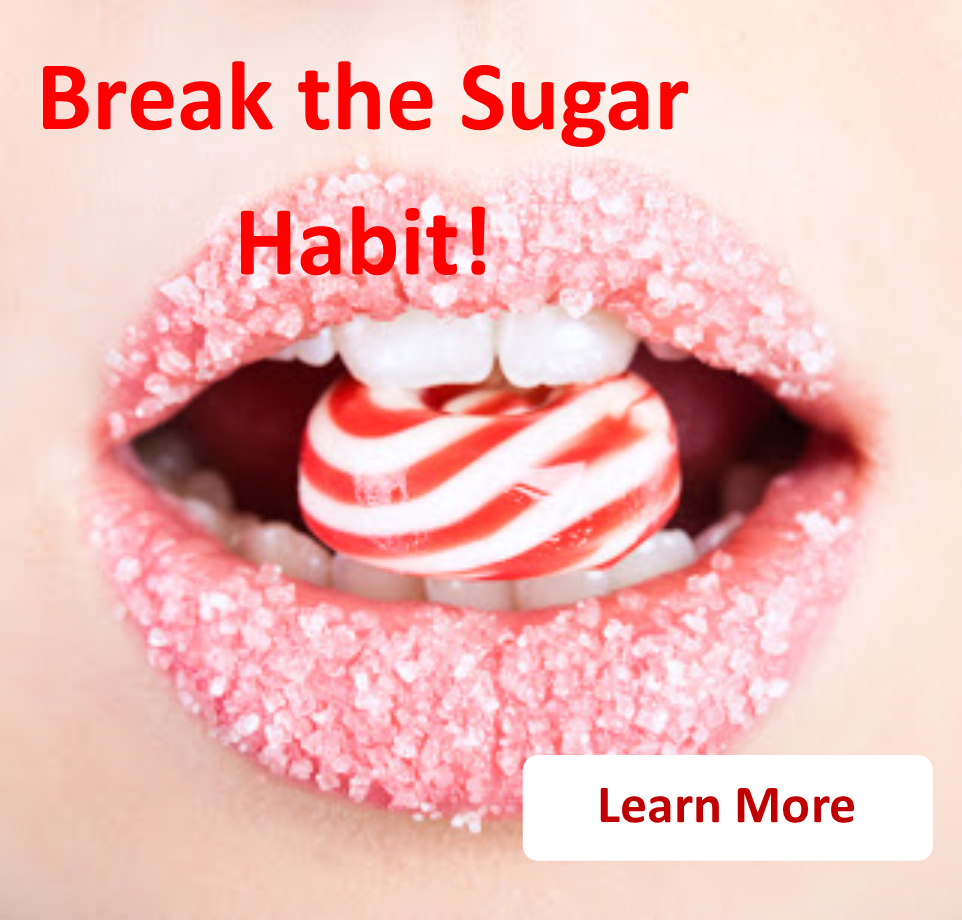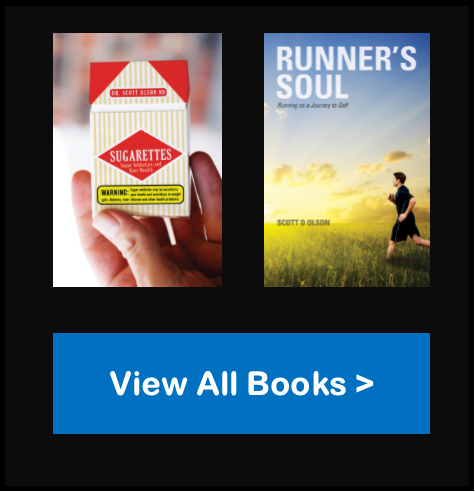Here is a short nutritional quiz for you, see how you do with these questions:

Are you ready?
- What food is high in calcium?
- What food is high in vitamin C?
- What food is high in potassium?
- What food should you eat to make sure you have strong bones?
- What nutrient should you eat to make strong muscles?
- What food is good for women going through menopause? Hint: it is also good for breast cancer.
Here are the answers:
- The food high in calcium: Dairy foods (milk, cheese, yogurt)
- The food high in vitamin C: Orange Juice
- The food high in potassium: Bananas
- To make strong bones: Dairy foods
- To make strong muscles: Meat (beef, chicken, fish)
- The food good for menopause: Soy
How Did You Do on the Quiz?
How did you do on our little nutritional quiz? You probably got the right answers, but here is what you have to ask yourself: are those answers the correct answers?
While most people, when asked, have a hard time answering common knowledge questions (like who the vice president is, or pointing out Iraq on a world map) they surprisingly get most of the answers to this nutritional quiz right. The question you should now ask yourself is: how is it most people know the answers to these questions and not others? You might reply that you learned a lot of your nutritional knowledge in school, and that is true. What you might not realize is that even though you might very well have learned the answers to these questions in school, the reason why you learned these nutritional tidbits is because of a concerted effort of the marketing arm of certain special interest groups.
Let’s quickly look at vitamin C and potassium.
Vitamin C
While orange juice certainly contains vitamin C, here are some other foods that have even more vitamin C per weight than oranges:
- Papaya, guava, red bell pepper, Brussels sprouts, broccoli, kiwi, parsley
These foods have about the same amount as oranges:
- Green bell pepper, strawberries, elderberry, lemons, cauliflower
Potassium
Yes, bananas do contain potassium, but here are foods that contain more per weight:
- Cantaloupe, prune juice, papaya, beans (pinto, lima…), lentils, potatoes, prunes, spinach, winter squash, tomato sauce
These foods have about the same amount of potassium as bananas:
- raisins, mango, orange, melons, peanuts
Why?
The reason why you associate different foods with different nutrients is that these foods have been branded in your mind by advertising.
Some of this branding is relatively harmless, such as vitamin C and potassium. The associations you have in your mind about calcium, muscle mass, bones, and soy, however are a different story. In the following posts, we will investigate the myths that surround calcium, dairy foods, meat, and soy and see how following the so-called common food knowledge will only get you into trouble.












This post is actually the best on this deserving topic. I absolutely feel the same way with your viewpoints and will hungrily look forward to your approaching updates. Just saying thanks will not just be sufficient, for the extraordinary lucidity in your writing. I will immediately grab your rss feed to stay in the loop of any updates. Marvelous work and much success in your blogging endeavors!
Nicely done
Yes, I agree, my mouth actually dropped when I saw the answers, until like Eliza I read the commentary. So, so true, especially when it comes to the dairy. We are probably most brainwashed on that and most people have no clue that leafy greens are much better sources of absorbable calcium.
Thanks this was fun!
I was upset and a bit surprised when I first saw the answers you posted as there are so many better answers to those questions. then I read your commentary and am very pleased. Marketing and Advertising have gone a long way to lead the general public AWAY from good health and nutrition. I look forward to teh next posts.